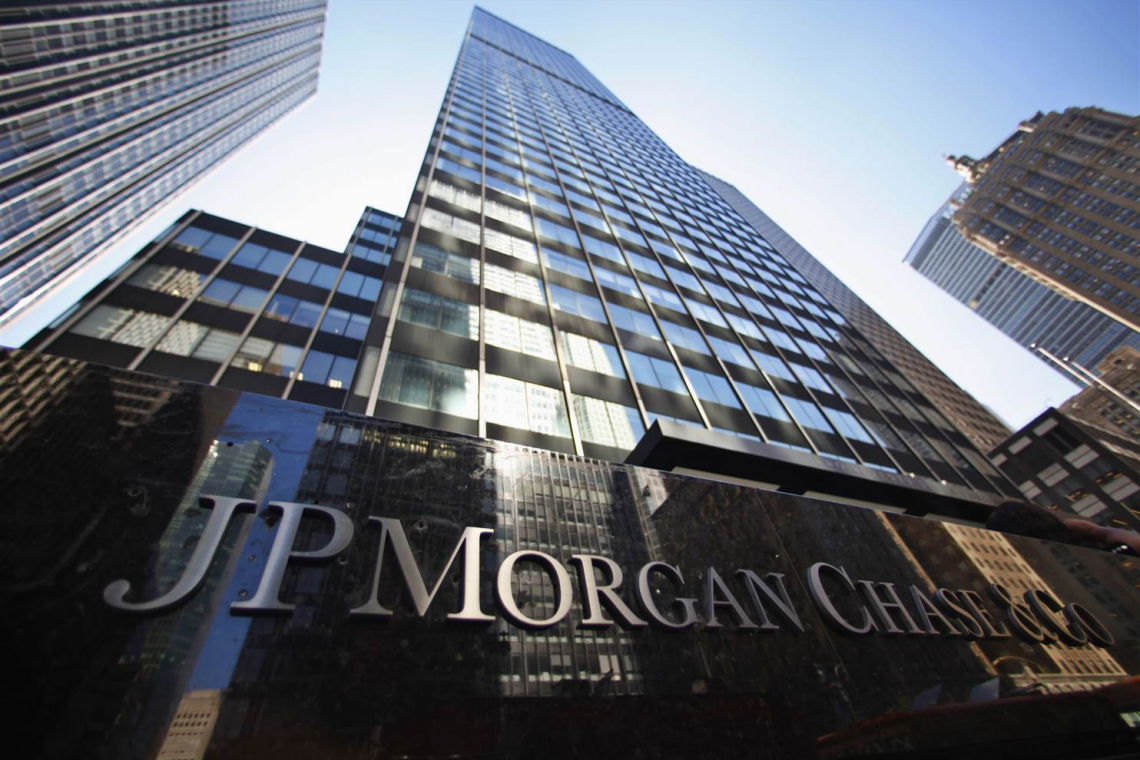Yesterday, speaking at an industry event organized by Barclays, CEO Jamie Dimon sounded the alarm on a slew of headwinds that will hit the U.S. economy hard in the next couple of months, and pointed to several risks that could deal heavy blows to consumers, investors, businesses and banks.
On Monday, he weighed in on how new regulation by the Fed will impact customers in the coming months. The changes will certainly not make them happy. Dimon explained how plans for new capital rules in the United States could damage the attractiveness of bank stocks, and make banking costs go even higher for consumers.
He argued that the Fed’s “'Basel III Endgame' reforms” would make loans even more expensive, and would force banks to reduce the amount of money they lend, which could drive banking activities into less regulated sectors. Dimon stressed that more lenders could run into problems just like Silicon Valley Bank did this spring. “Any crisis that damages Americans’ trust in their banks damages all banks — a fact that was known even before this crisis,” he wrote. “Even when it is behind us, there will be repercussions from it for years to come," he emphasized.
He also said that it is “a huge mistake” to think that the U.S. economy will boom “for years” given that there are so many risks out there. With interest rates still going up, conditions will become even more recessionary, and “you are going to see more people out there with problems”.
It is for that reason that JPMorgan has just reiterated its bearish stance on the stock market, urging its clients to stay defensively positioned. Analysts at the firm also adjusted the bank's investment strategy in response to rising commodity prices and the potential spike in inflation. JPMorgan strategist Marko Kolanovic also noted that the increased potential for bank turbulence, an oil shock, and slowing growth is poised to send stocks back toward their 2022 lows, as reported by Bloomberg News.
We still have three more months to go before this year is done, and a lot more can happen in financial markets. One of the biggest concerns right now is the real estate sector. Warren Buffet’s investment partner and vice president of Berkshire Hathaway, Charlie Munger recently observed that hundreds of banks are exposed to commercial real estate loans that are at risk of going into default. He thinks there is trouble ahead for the U.S. commercial property market. “A lot of real estate isn’t so good anymore,” Munger said. “We have a lot of troubled office buildings, a lot of troubled shopping centers, a lot of troubled other properties. There’s a lot of agony out there.”
These are the very early chapters of this crisis. But when even the head of one of the biggest financial institutions on the planet is worried about growing risks, we should definitely brace for pain because much worse is yet to come. Although it may take a while for all the dominoes to fall, we won’t be able to avert a decline that is already in motion. The clock is ticking, and time is running out for the U.S. financial system.
BY:


